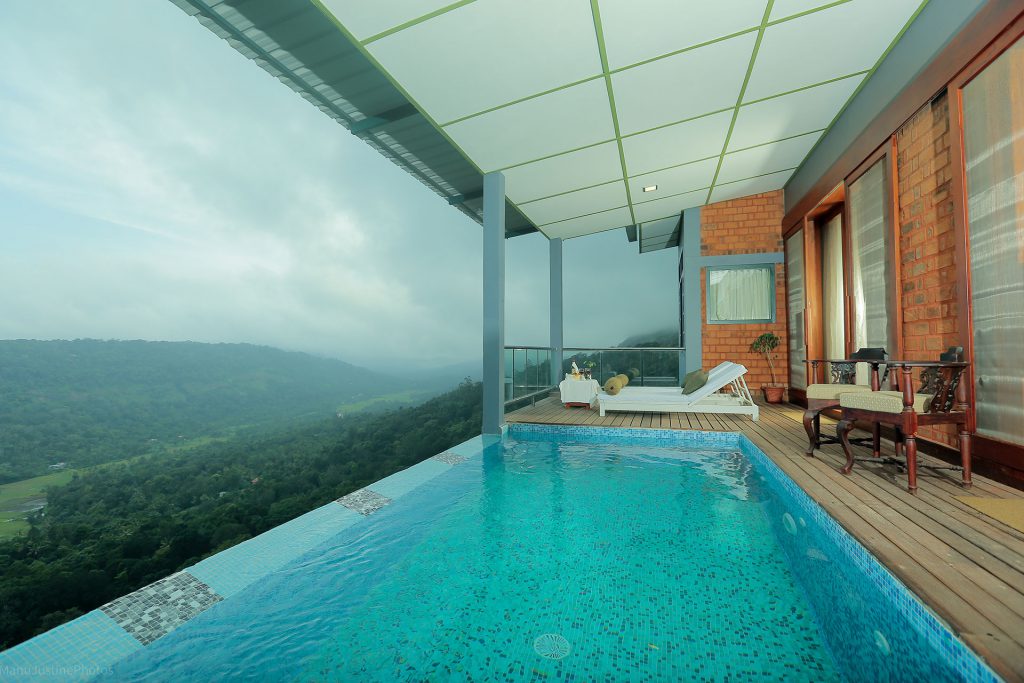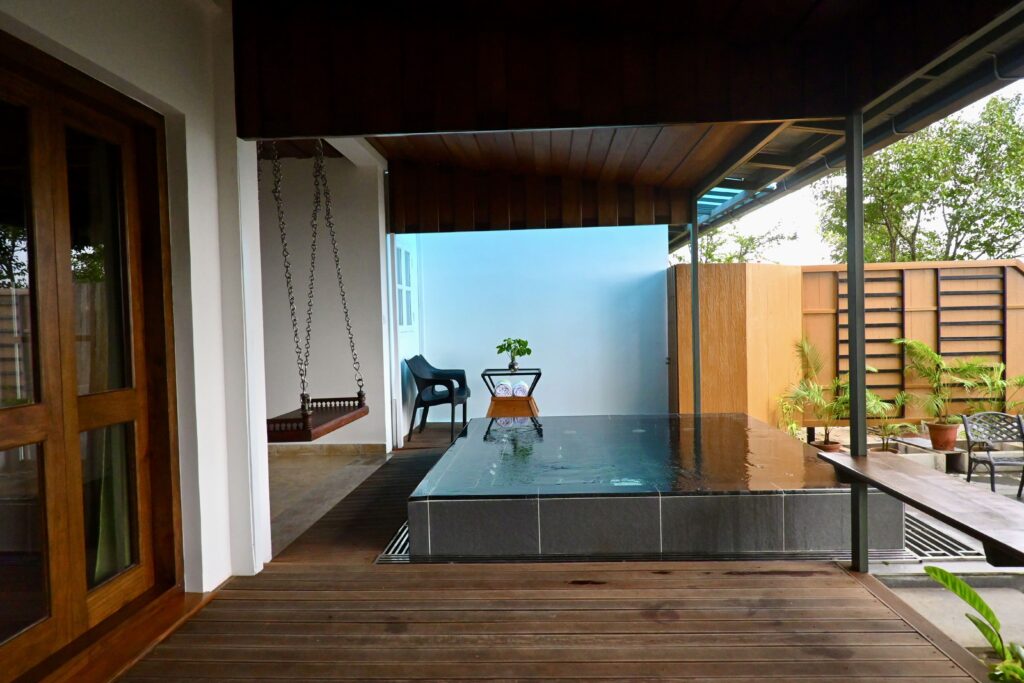
Let’s be honest. For years, luxury travel has been about indulgence: sprawling villas, infinity pools, and twelve-course meals that blur the concept of time. But something’s changing. The new symbol of luxury isn’t champagne or silk sheets. It’s something quieter and more human: sleep.
Yes, sleep has become the ultimate luxury. The kind you can’t fake, buy instantly, or capture on Instagram unless you’re very creative.
The Restless Rich: Why the World Can’t Sleep
We’re more connected than ever, but we’re also more exhausted. Executives check messages at midnight. Travelers hop time zones like they’re collecting them. Even vacations have turned into photo shoots. It’s no wonder people are tired, not just physically but mentally.
That’s where “sleep travel,” or sleep tourism, has entered the scene. Instead of spa weekends filled with green juice and yoga selfies, travelers are booking stays built around one goal: rest. Deep, genuine, restorative rest.
It might sound strange to travel just to sleep. But sleep tourism isn’t about simply closing your eyes. It’s about learning how to rest again, with expert guidance, carefully designed environments, and a touch of pampering.
Where Sleep Meets Science
Luxury hotels have caught on quickly. The Park Hyatt New York offers the Bryte Restorative Sleep Suite, where beds adjust to your body temperature as you drift off. Six Senses Resorts partner with sleep doctors to track circadian rhythms and create personalized bedtime routines. Zedwell in London built an entire property around soundproofed, tech-free “cocoons.”
It’s sleep, treated like both science and art.
And there’s something thoughtful about that. For decades, we turned every waking moment into a productivity contest. Now, we’re rediscovering rest as something worth curating and protecting. Sleep has become premium because so many of us have forgotten how to do it naturally.
Kerala’s Quiet Advantage
If there’s a destination perfectly suited to this new kind of travel, it’s Kerala, that lush stretch of southern India where time seems to slow down on its own. The state’s luxury resorts already specialize in balance, combining Ayurveda, nature, and quiet reflection.
Picture this: you’re on a backwater houseboat, water lapping softly against the hull, the air scented with cardamom and coconut. No notifications, no reminders, just the rhythm of the river easing your mind.
And then there’s Munnar, Kerala’s hill-country jewel. The cool mountain air, misty tea plantations, and forested trails create the perfect setting for deep rest. Resorts here are already embracing the idea of “mountain sleep retreats,” experiences that combine nature walks, herbal baths, and Ayurvedic sleep therapies to help guests truly unwind. There’s something about that crisp, high-altitude quiet that resets your system in a way no city spa ever could.
Many Ayurvedic retreats across Kerala already focus on improving sleep. Treatments like Shirodhara, where warm oil flows across your forehead, are centuries old but surprisingly scientific. They calm the nervous system, reduce stress hormones, and help the body find its natural rhythm again.
The Psychology of Luxury Rest
Here’s something interesting: luxury sleep isn’t really about indulgence; it’s about control.
In a world that constantly demands attention, choosing to rest is an act of resistance. It’s reclaiming your focus, your energy, and your sanity. For many high-end travelers, that’s the true appeal.
When a resort offers blackout curtains, circadian lighting, organic linens, or herbal teas brewed for your sleep type, it’s not just decoration. It’s reassurance. It’s the quiet promise that you can finally stop performing.
The Experience Economy Turns Inward
We used to collect experiences like souvenirs: skydiving, wine tastings, underwater dining. Now travelers crave internal experiences such as calm, clarity, and stillness. That’s where sleep tourism fits perfectly.
Instead of chasing adrenaline, it offers recovery. People are realizing that rest sharpens creativity, memory, and decision-making. It’s productivity’s quieter companion.
The luxury industry has noticed. From smart mattresses that monitor REM cycles to “sleep concierges” who adjust your pillow firmness before bed, every detail is designed to make guests feel not just comfortable but understood.
The Future: Rest as Status
It sounds ironic, doesn’t it? In a culture obsessed with doing more, the new sign of success might be doing less and sleeping well.
Sleep travel is just the beginning. Expect more rest-focused resorts, slower itineraries, and retreats centered on circadian health. Imagine a seven-day “digital dusk” program where devices go dark after sunset, followed by night walks and quiet reflection.
Kerala, with its warm monsoon air, soothing backwaters, and the highland serenity of Munnar, is perfectly placed to lead this shift. Its blend of ancient healing traditions and modern hospitality could redefine what luxury wellness means in the next few years.
Why It Matters
Sleep is universal. It cuts across wealth, age, and geography. And how we treat it reveals how we’ve evolved as travelers. We’re moving from seeing travel as escape to seeing it as recovery, from chasing stimulation to seeking stillness.
Luxury travel has come full circle. It’s no longer just about how far you go, but how deeply you rest when you get there.
Maybe the future of five-star travel isn’t measured by thread count after all. Maybe it’s measured by how peacefully you wake up.



